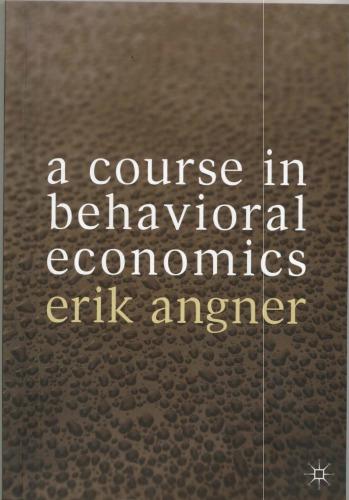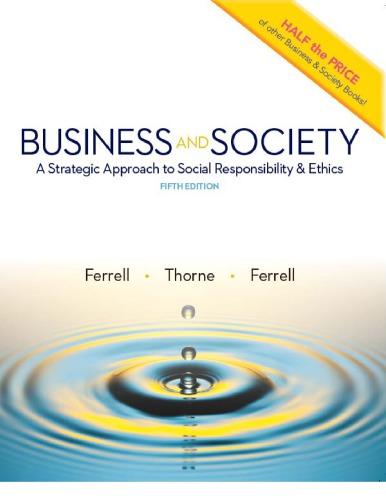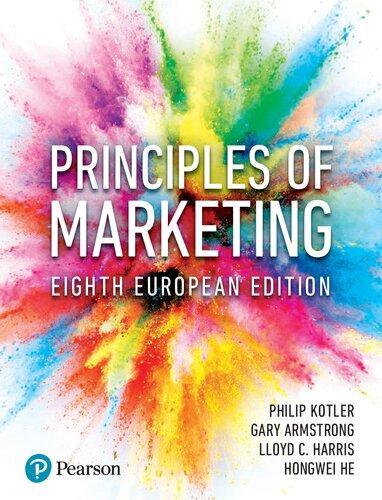Go back


A Course In Behavioral Economics(1st Edition)
Authors:
Erik Angner

Cover Type:Hardcover
Condition:Used
In Stock
Shipment time
Expected shipping within 2 DaysPopular items with books
Access to 30 Million+ solutions
Free ✝
Ask 50 Questions from expert
AI-Powered Answers
✝ 7 days-trial
Total Price:
$0
List Price: $40.00
Savings: $40(100%)
Solution Manual Includes
Access to 30 Million+ solutions
Ask 50 Questions from expert
AI-Powered Answers
24/7 Tutor Help
Detailed solutions for A Course In Behavioral Economics
Price:
$9.99
/month
Book details
ISBN: 1848448260, 978-1848448261
Book publisher: Edward Elgar Publishing
Get your hands on the best-selling book A Course In Behavioral Economics 1st Edition for free. Feed your curiosity and let your imagination soar with the best stories coming out to you without hefty price tags. Browse SolutionInn to discover a treasure trove of fiction and non-fiction books where every page leads the reader to an undiscovered world. Start your literary adventure right away and also enjoy free shipping of these complimentary books to your door.
Book Summary: This highly original contribution examines one of the most controversial concepts in the history of economics - the true meaning of the Law of Markets. This has been a contentious issue since the publication of Keynes's General Theory, but has also divided economists since it first emerged almost two centuries ago in the writings of James Mill. This book discusses the change in the understanding of the nature of the business cycle wrought by the General Theory whose major innovation in overturning Say's Law was to introduce demand deficiency into mainstream economic thought.The volume provides a robust and innovative exposition of the crucial point of division between classical and Keynesian economics, demonstrating that the role of demand deficiency was the fundamental issue at stake. Steven Kates first discusses Keynes's interpretation of Say's Law before documenting its development within classical theory. He then charts the development of post-General Theory interpretations of Say's Law, challenging Keynes's definition which was captured in the phrase 'supply creates its own demand'. The author also attempts to unravel the vast literature on the progress made by Keynes between his Treatise on Money published in 1930 and the General Theory, published six years later. He suggests that the crucial point in the origins of the General Theory was Keynes's discovery of Malthus's writings on Say's Law at the very depths of the Great Depression in 1932.This provocative book will be required reading for scholars and students interested in the history of economic thought, the history of macroeconomics and the Keynesian revolution.
Customers also bought these books
Frequently Bought Together
Top Reviews for Books
Jack long
( 5 )
"Delivery was considerably fast, and the book I received was in a good condition."










